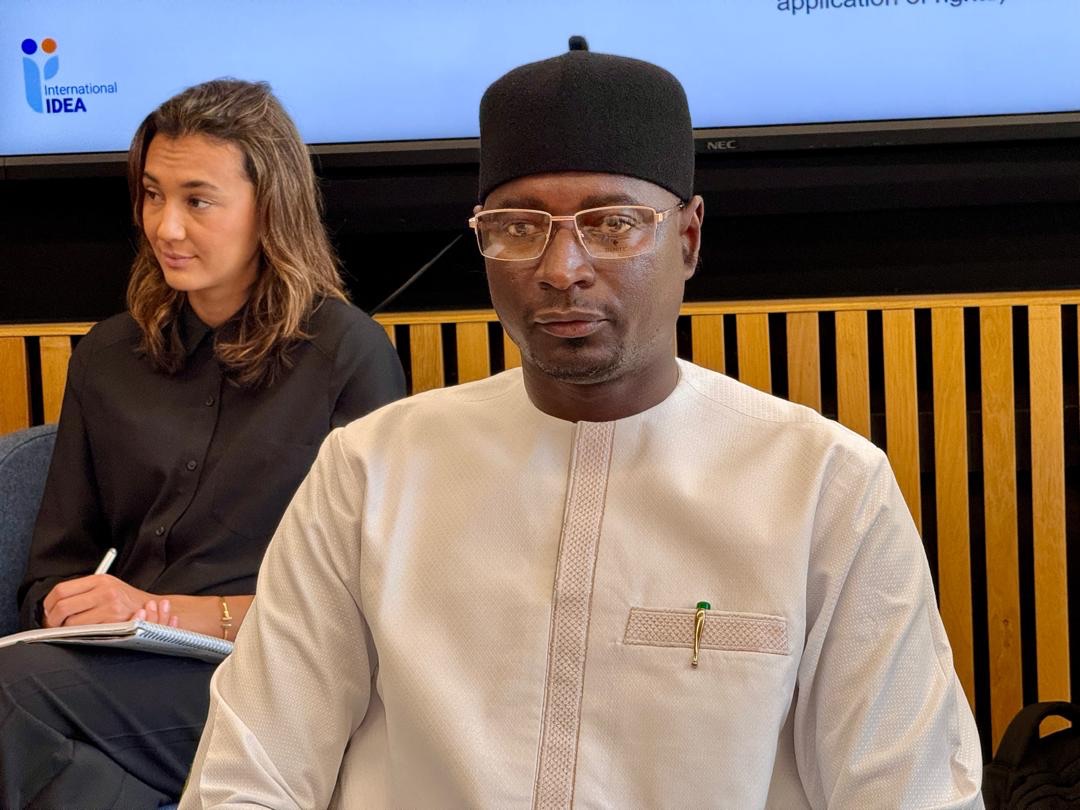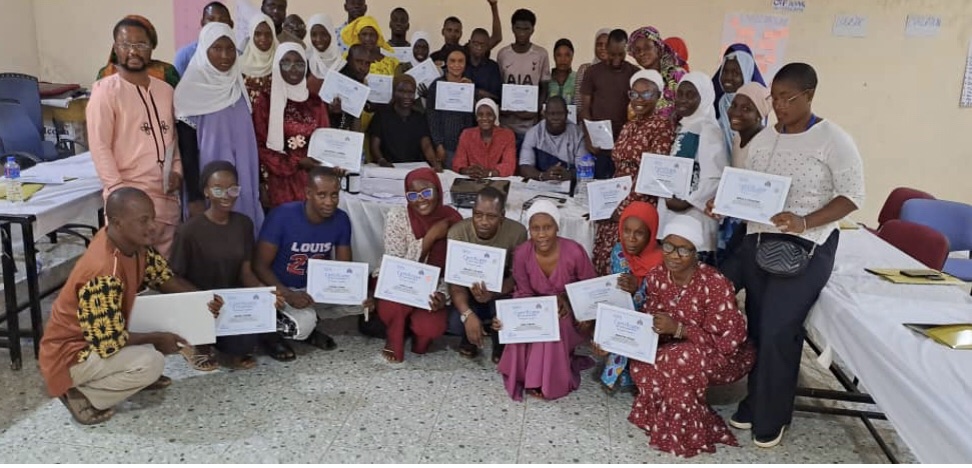The deputy speaker of parliament, Hon. Seedy SK Njierecently delivered a statement at Oxford United Kingdom on the topic: Constitutionalizing rights in the 21 century with gender perspectives in the Gambia. The meeting that ran between 19-21st June was a comparative workshop for constitution makers. Below is a copy of Hon. Njie’sstatement to the gathering:
I bring you warm greetings from National Assembly of republic of The Gambia. It is indeed an honour to address this gathering on this critical global theme which is very topical around the world: constitutionalizing rights in the 21st century, with a specific focus on gender. I would like to state from the onset that The Gambia’s approach to gender equity since independence in 1965 and more so under the current leadership of His Excellency, President Adama Barrow, reflects a strong commitment to creating a just and equitable society. I will explore this commitment from constitutional, parliamentary, policy, and international perspectives, providing a comprehensive overview of our efforts and challenges as a country.
Constitutional Principles
The Constitution of the republic of The Gambia, 1997 is the overarching legal framework that enshrines gender equality as a fundamental right. Section 28 of the Constitution is particularly significant as it promotes equal rights for men and women, emphasizing non-discrimination. This section is complemented by other provisions such as sections 17 and 33 that sanctions discrimination. In addition, and very critical, the directive principles of state policy, provided in sections 214 and 216 requires the government to take all steps to eradicate all forms of discrimination particularly those based on race, gender, language, or religion; and prohibit cultural practices that are dehumanizing, particularly towards women.
Meanwhile, the draft Constitution for which engagements are ongoing for its possible reintroduction to the National Assembly and subsequent promulgation, proposes same protections, including explicit provisions to combat gender-based violence and enforce gender quotas in political representation. This reflects a national dialogue increasingly adapted to the nuances of gender justice.
Parliamentary Perspective
From a parliamentary perspective, efforts by the National Assembly of The Gambia are instrumental in mitigating gender disparities across crucial sectors such as health, education, and protection from violence in The Gambia. The legislative landscape has witnessed significant advancements, notably with the introduction of key enactments aimed at safeguarding the rights and well-being of women and children.
The enactment of the Women’s Act in 2010 reinforces the legal framework for gender equality, outlining measures to promote women’s rights and combat gender-based discrimination.
In 2013, the enactment of both the Domestic Violence Act and the Sexual Offences Act marked crucial milestone in the fight against gender-based violence. These legislations do not only establish comprehensive mechanisms for preventing and addressing various forms of violence against women but also prioritized the provision of support and protection for survivors, facilitating access to justice and essential services.
A landmark achievement in safeguarding the health and rights of women and girls was the banning of Female Genital Mutilation (FGM) in 2015 through legislation. This legislative move signified a monumental stride towards eradicating this harmful practice, ensuring the physical and psychological integrity of women and girls and upholding their fundamental rights.
From 2017 to date, the National Assembly has adopted a fundamental principle in ensuring that, henceforth, all legislations before it for consideration are gender sensitive. In other words, the National Assembly has made it a principle or checklist of wearing a gender-sensitive lenses in the scrutiny of legislation, to ensuring that all legislation to be passed in the National Assembly are gender friendly and considerate.
Policy Perspective
The Gambia’s National Gender Policy (2010-2020) laid a strong foundation for gender mainstreaming across all sectors. This policy aimed to address structural barriers to gender equity, focusing on areas such as education, economic empowerment, political participation, and access to justice.
International Instruments
The Gambia’s ratification and respect to international conventions and protocols underscores its commitment to gender equity on the global stage. Among others, the country ratified the African Charter on Human and Peoples’ Rights (ACHPR) in 1983; Convention on the Political Rights of Women in 1980; Convention on the Elimination of All Forms of Discrimination Against Women (CEDAW) in 1993; the Protocol to the African Charter on Human and Peoples’ Rights on the Rights of Women in Africa (Maputo Protocol) in 2005. These instruments obligate The Gambia to uphold international standards of gender equity and justice.
The efforts and commitments have also culminated into the establishment of critical and dedicated national institutions such as the Women’s Bureau, the creation of a specific Ministry for Gender, Children and Social Welfare as well as the establishment of a specific Select Committee on Gender in the National Assembly. By and large, these are all indications of government’s commitment for gender empowerment and women participation in national development.
Conclusion
In concluding, it is worth to acknowledge that, while significant strides have been made, challenges remain, particularly in the full implementation and enforcement of laws and policies. However, the government and the National Assembly shall continue to leverage our opportunities, and forge a path towards stronger, more inclusive constitutional frameworks that uphold the rights of all individuals, irrespective of gender.
There is no doubt that it is only through continued dialogue, international cooperation, and sustained political will that we can overcome these challenges and ensure that gender equality becomes a lived reality for all Gambians.
Thank you.





